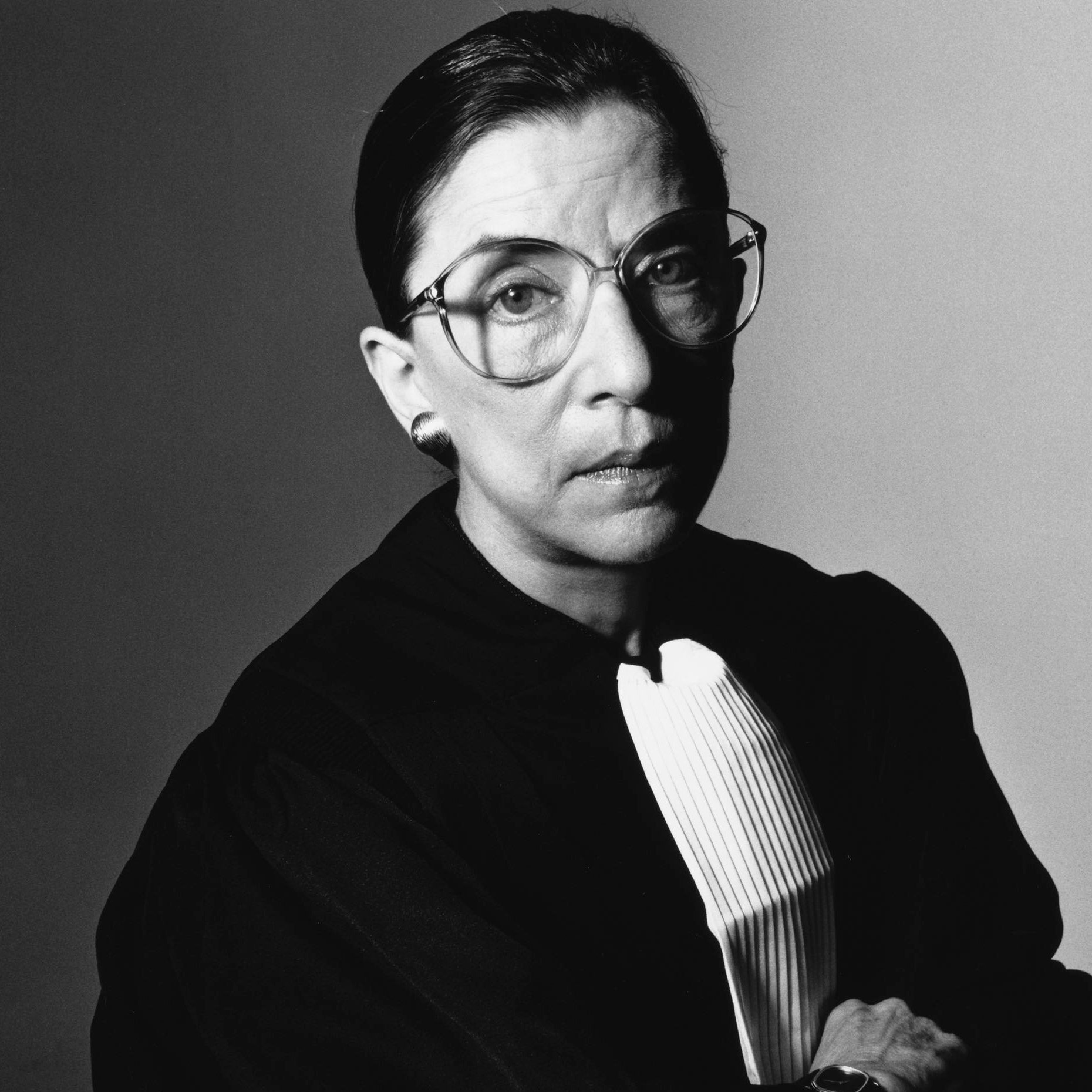
Amid our intensely polarized politics, recent nominations to the United States Supreme Court have prompted bitter partisan battles. In 2016, after Associate Justice Antonin Scalia died, Senate Republicans refused to consider President Obama’s nominee, Merrick Garland. Last fall, after Associate Justice Ruth Bader Ginsberg succumbed shortly before the presidential election, Republican Senators rapidly confirmed Amy Coney Barrett over the objections of minority Democrats. But, conflict over Supreme Court nominations is not a recent phenomenon. This course will describe the nomination and confirmation process and review struggles over high court selections through the past two centuries. To what extent has controversy stemmed from clashes over a nominee’s qualifications? A nominee’s judicial and political beliefs? What role has partisanship and the composition of the court played? What of the timing of presidential nominations to the Court? Join us for a historical perspective on today’s headlines, and more.